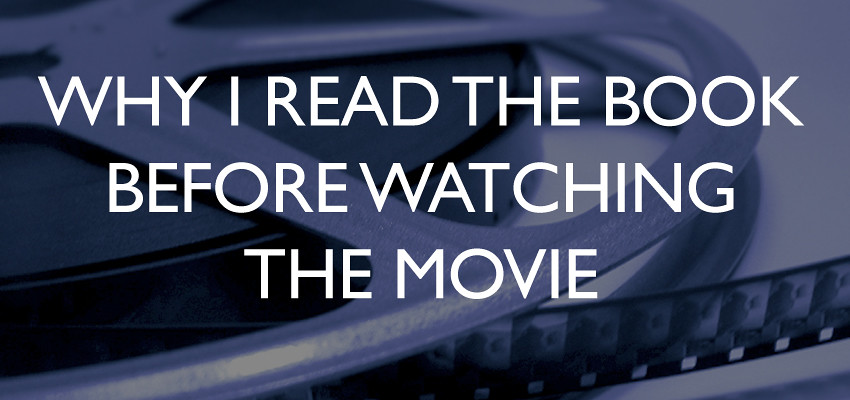
Stephen King, in his introduction to The Stand, writes on the effect a movie has on the audience’s imagination when they later read the book, especially in how it impacts their view of the characters. King’s keenly articulates one big reason behind my general practice of not watching the cinematic version of a book I really want to read:
Bad or good, movies nearly always have a strange diminishing effect on works of fantasy (of course there are exceptions; The Wizard of Oz is an example which springs immediately to mind). In discussions, people are willing to cast various parts endlessly. I’ve always thought Robert Duvall would make a splendid Randall Flagg, but I’ve heard people suggest such people as Clint Eastwood, Bruce Dern and Christopher Walken. … But in the end, I think it’s best for [my characters in The Stand] to belong to the reader, who will visualize them through the lens of the imagination in a vivid and constantly changing way no camera can duplicate. Movies, after all, are only an illusion of motion comprised of thousands of still photographs. The imagination, however, moves with its own tidal flow. Films, even the best of them, freeze fiction – anyone who has ever seen One Flew Over The Cuckoo’s Nest and then reads Ken Kesey’s novel will find it hard or impossible not to see Jack Nicholson’s face on Randle Patrick McMurphy. That is not necessarily bad…but it is limiting. The glory of a good tale is that it is limitless and fluid; a good tale belongs to each reader in its own particular way.[ref]Stephen King. The Stand: The Complete & Uncut Edition. New York: Doubleday, 1990, xii.[/ref]
This is one of the reasons I intentionally read through J.R.R. Tolkien’s entire The Lord of the Rings trilogy over the summer before Peter Jackson’s initital installment of The Fellowship of The Ring debuted the following winter in theaters. I wanted to watch the movie opening day, which meant I needed to read the books before then, because I knew if I saw the film first, Orlando Bloom, Viggo Mortensen, Elijah Wood, and Ian McKellen would fill the mental blanks of my imagination when I finally got to Tolkien’s work. I believe, as King notes, it would have “limited” my reading of one of the greatest fantasy series of the modern era.
There are other reasons that push me away from seeing a movie before reading the book. Cinematic adaptations may:
- Cut important content and characters which are central if not critical for the storyline because of the inherent need to abbreviate the story to a reasonable viewing time.
- Miscast the characters either with the wrong actors or give them completely different personalities than their literary counterparts
- Change the emphasis of the story if not the entire story itself in order to make it more marketable to the general public
I’m sure my more literary-minded friends could pile on, but it simply proves the general rule: the book is better than the movie. It is also why, in principle, when it comes to stories I really want to read, I’ll put the theater off until I’ve hit the bookstore first.

1 thought on “Why I Read the Book Before Watching the Movie”
As a third grade language arts teacher, I have several literary quotes hanging in my classroom… One of them is, “Never judge a book by it’s movie.” Most recently that has been proved again with The Book Thief. The movie was good, but of course, the book was way better!